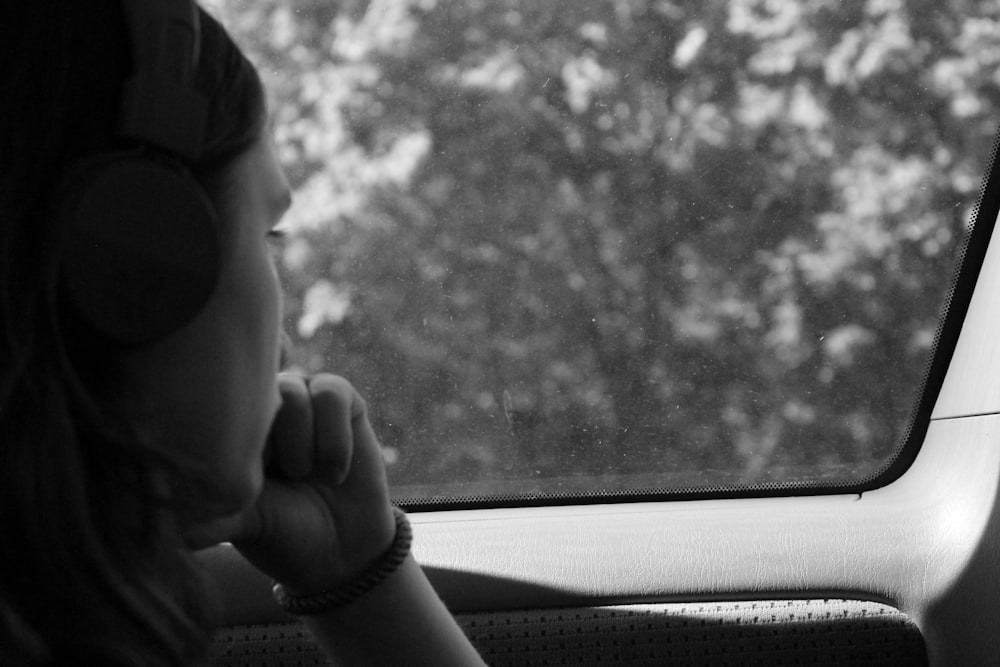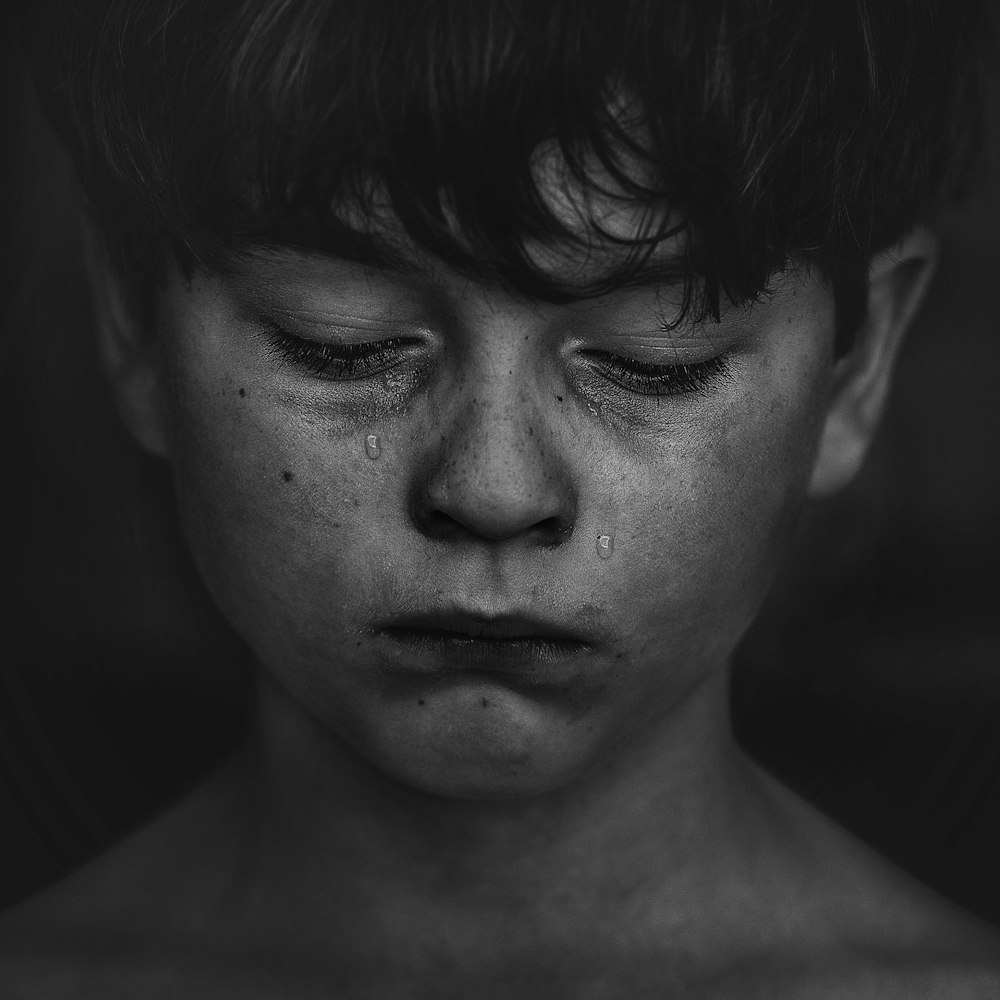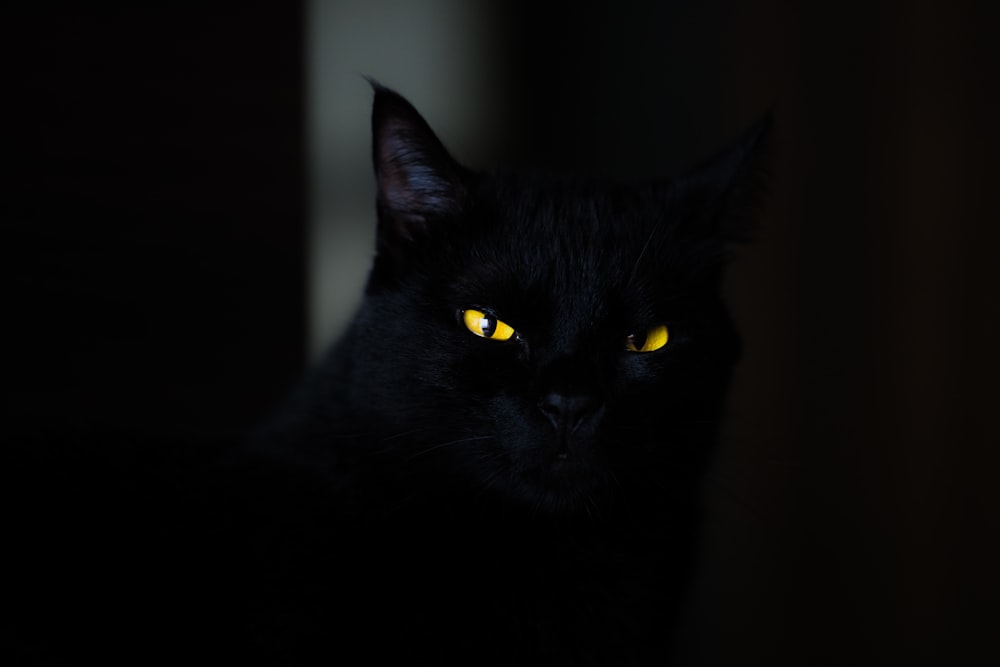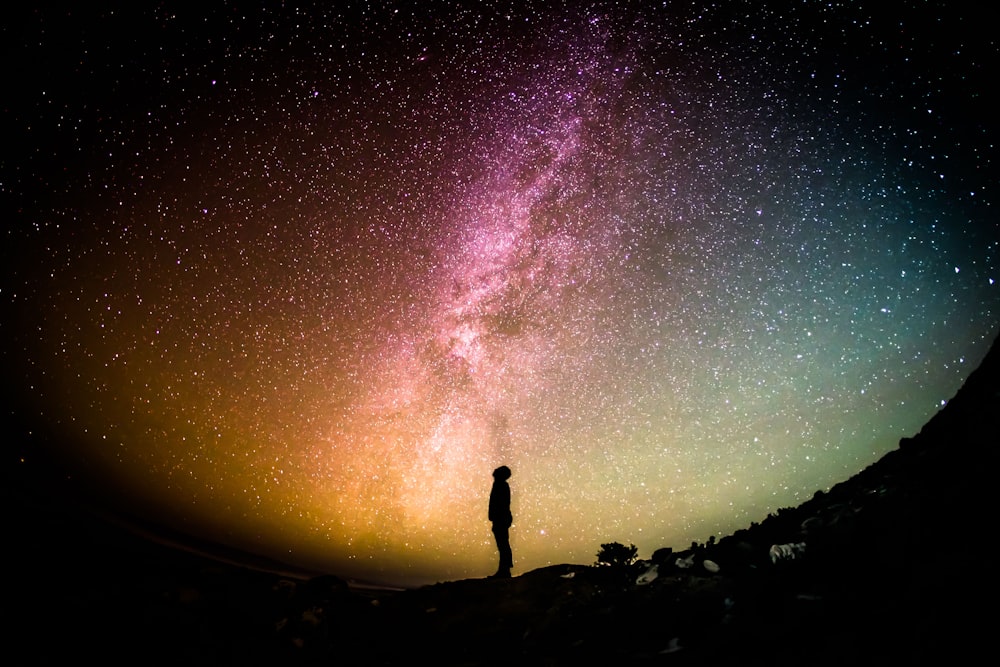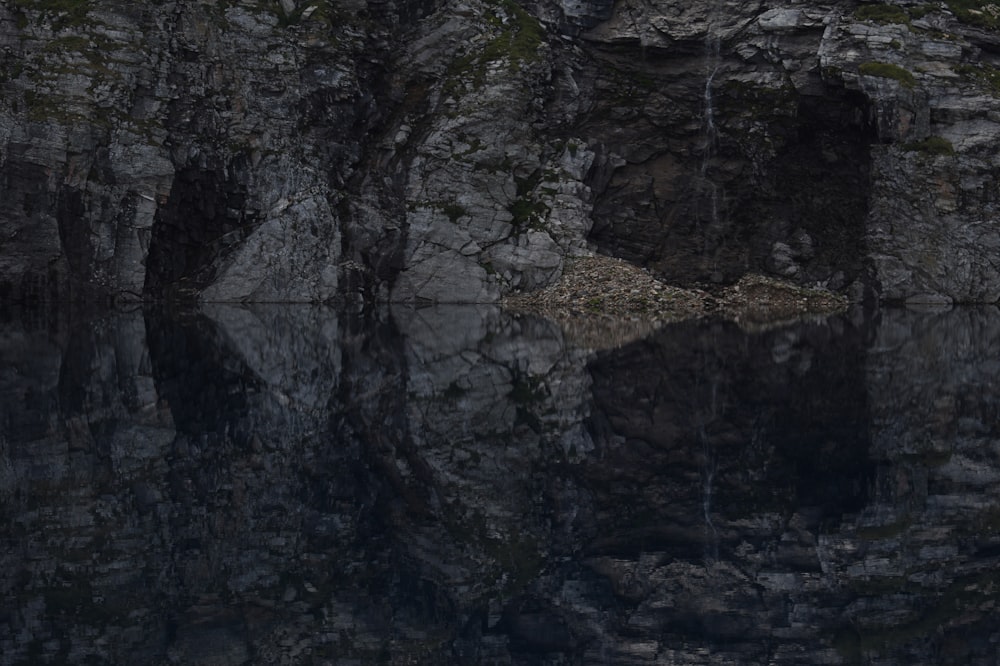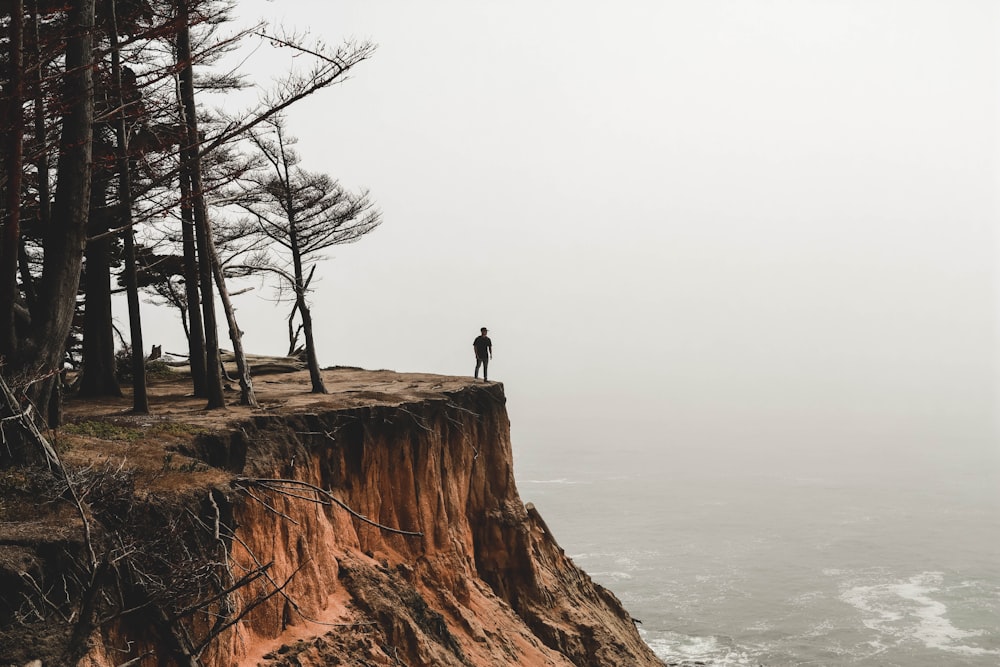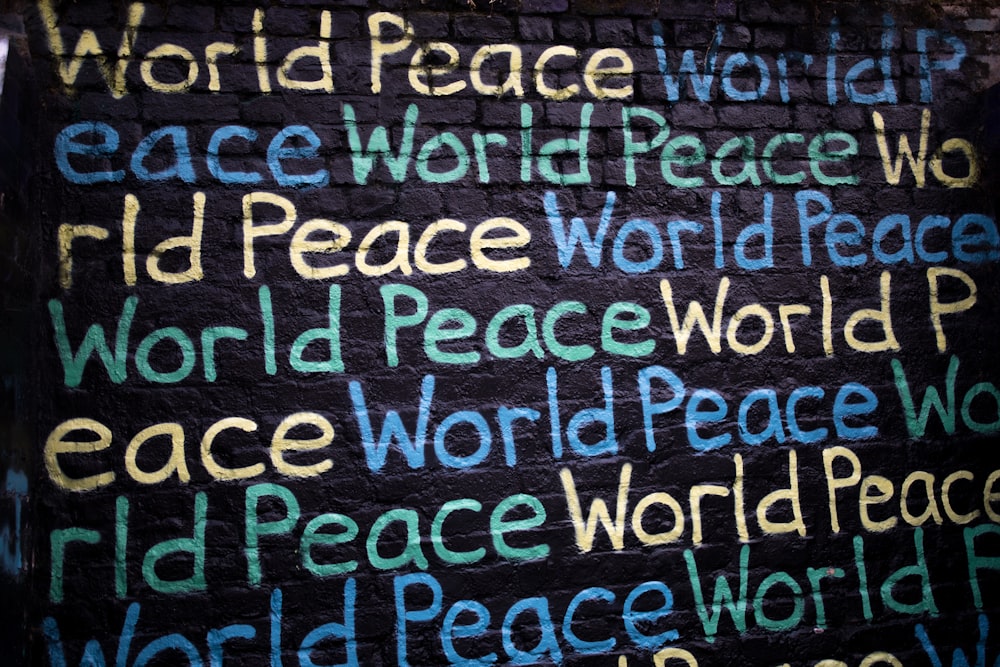 |
| Credit: Humphrey Muleba |
For thousands of years, many humans from all across the world have looked forward to a time of universal peace. Religions across time have preached it, kings and politicians have striven for it, most of us "common folk" have long begged for it. It almost seems like a universal attribute of humanity. We want peace, we want unity among humankind.
If so many want peace, why don't we have it?
I don't claim to be an expert by any means, but within the natures of many of us (including myself), there is a very alarming trait. One second we can be as empathetic as possible, ready to risk our lives to protect and help those around us. We smile, we laugh, we cry. Then the next second, we are fuming, calling for death or suffering for other humans, longing for vengeance even against entire groups of humanity. When we see someone beating a dog with a crowbar, we are sickened and even cry because of the cruelty and horror. Yet when a politician calls for the bombing of a city, we sit back and make excuse after excuse for the wholesale slaughter of humanity, or we say, "well, at least there aren't as many civilian casualties as might have happened in the past".
When someone brings up getting rid of our nuclear arsenal, we often shut them down by saying "it's needed for a balance of power". If a bill is brought up to cut funds from the asinine US military budget (which might I add is more than the amount the next seven highest spending countries combined for defense), it is often shot down as being ungrateful to our troops, or unpatriotic. If a nation goes to war, you are evil or pussified if you dare speak out against it.
But this harmful tendency to attack one another isn't just isolated among the more warlike among us. Even most of us who are pretty pacifistic, calling for peace and love, will attack corporate leaders, politicians, and anyone else with just as intense of hatred as the rest. CEOs aren't human, they are monsters. Same with politicians, military leaders, "the whole system".
In our natures it seems that we have a strong tendency to place everyone in either the "in" group or "out" group. This may not be a horrible thing in itself, but we also have a frightening tendency to demonize those who are on the outside. Atheists worship the Devil, Catholics support child molestation, politicians want to bring about the rule of the Anti-Christ, Muslims want to kill you and spread their beliefs by force, the NRA wants more psychopaths to own guns, the LGBT community wants to "turn your kids gay"...the list goes on.
We are humans. Every one of us. We all have a past that molded us, people who have loved us, experiences that shaped us, desires that drive us. Each of us are flesh and blood humans. None are true "monsters".
The things we believe, the actions we make, they don't arise from the void. We are who we are because of our genes and our environments.
"If I were him, I would never have murdered that child!" Yes, yes you would have. If you were him, if every atom in your body were replaced with his, and you were shaped by the same environment, you would have. You are no more, no better, no greater than the worst of the worst. You are merely a different arrangement of atoms subjected to a different environment. In a sense, you are cosmically lucky to not be a cold killer.
Yet that isn't how we feel, right? Every time a picture of a rapist is shown on the media, or a corrupt CEO is brought to justice, I cringe and am filled with pure hatred and disgust. "I am better than him", "he is a monster". And yet every single one of them is just as human as me.
Sympathy and empathy turn off when we talk about "enemies". We quickly label them as inhuman, pure evil, sick disgusting piles of garbage rather than truly consider what motivated them to act this way or what causes them to be who they are. And it is not difficult to make enemies out of one another. Oftentimes, all that is needed is for someone to have different religious beliefs, political stances, color of skin, or nationality, and you can whip up an entire population to turn on "outsiders" and viciously assault them.
So long as these tendencies survive in us, can we expect peace in our world?

